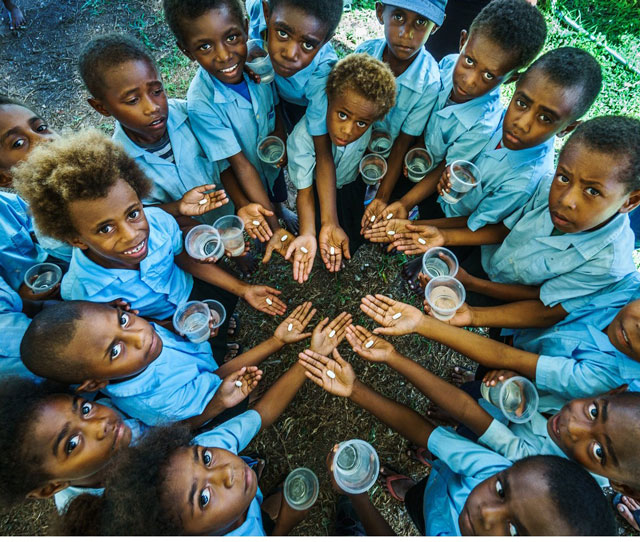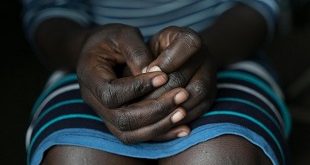
Geneva, Switzerland | AFP | The World Health Organization on Wednesday hailed “unprecedented progress” in the fight against 18 neglected tropical diseases — including dengue fever and sleeping sickness — which kill 170,000 people and disable millions each year.
The UN’s health agency, pharmaceutical companies and civil society groups led by the Bill and Melinda Gates Foundation have been waging a protracted effort to eradicate the group of highly treatable diseases, which had previously received scant attention and resources.
“It’s really a story of wonderful progress,” the billionaire Microsoft founder Bill Gates said in Geneva. “A lot of pieces have come together.”
His comments came as WHO launched its latest report on the battle against so-called NTDs.
“Over the past 10 years, millions of people have been rescued from disability and poverty, thanks to one of the most effective global partnerships in modern public health,” WHO chief Margaret Chan said in a statement.
A full 1.6 billion people remain affected by NTDs — more than 500 million of them children — but that number is down from more than two billion in 2010, WHO said.
The effort against the group of diseases intensified in 2012, when governments and drug companies signed the London Declaration pact committing resources to help eliminate the most common NTDs.
Companies have since annually donated hundreds of millions of treatment doses, enabling one billion people to get therapy for at least one disease in 2015 alone.
Before the deal, “we really weren’t organised as a global community to solve the problem”, Gates told reporters, describing the accord’s five-year anniversary as “a milestone in global health”.
Remarkable progress has been made against neglected tropical diseases (#NTDs) over the past 10 years https://t.co/RlQvzp4p8b #BeatNTDs pic.twitter.com/06xlAMJDs6
— WHO (@WHO) April 18, 2017
– Infections falling –
Great strides have been made to rein in some of the worst ailments, including Dracunculiasis, a crippling parasitic condition caused by the flesh-burrowing guinea worm.
The worm, which exists in South Sudan, Chad, Ethiopia and Mali, enters the body when people drink stagnant water contaminated with parasite-infected water fleas.
In its bid to exit the body, the worms, which can be up to a metre long, dig their way out of the body, including through the eyes and genitals.
Last year, only 25 human cases of guinea worm were recorded, down from nearly 900,000 in 1989, when it was endemic in 21 countries, “putting eradication within reach”, WHO said.
There has also been a huge reduction in human African trypanosomiasis, commonly known as sleeping sickness, which is transmitted by the tsetse fly.
The initial stage of the disease is symptom free, but during the second stage the parasites cross into the central nervous system and the brain, where they can be lethal if untreated.
In 2015, only 2,804 cases were registered, down from 37,000 in 1999, WHO said, putting the goal of eliminating the disease altogether by 2030 “on track”.
While much has been done in the battle against NTDs, WHO cautioned that progress would stagnate without efforts to address broader poverty-related issues.
WHO estimates that 2.4 billion people still lack basic sanitation facilities like toilets and latrines, while nearly two billion use drinking water sources contaminated with faecal matter.
 The Independent Uganda: You get the Truth we Pay the Price
The Independent Uganda: You get the Truth we Pay the Price



